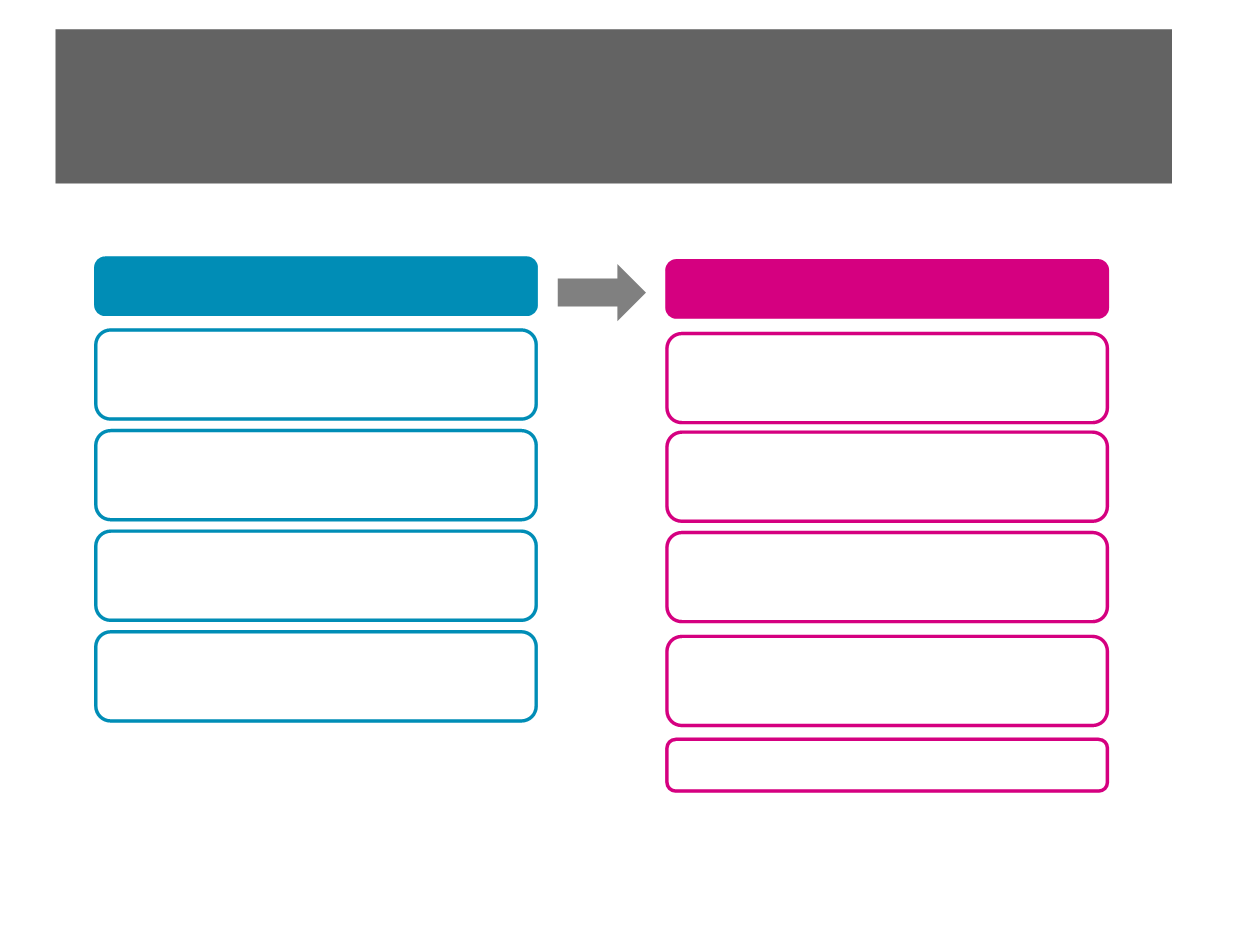

1. Jordan MA, et al.
Mol Cancer Ther
. 2005. 2. Okouneva T, et al.
Mol Cancer Ther
. 2008. 3. Towle MJ, et al.
Cancer Res
. 2001. 4. Funahashi Y, et al. Cancer Sci. 2014.
5. Agoulnik SI, et al.
Vasc Cell
. 2014. 6. Ueda S, et al.
Br J Cancer
. 2016. 7. Kawano S, et al.
Anticancer Res
. 2016. 8. Yoshida T, et al.
Br J Cancer
2014. 9. Twelves C,
et al.
Breast Cancer Res.
2015. 10. Prat, A., et al.,
SABCS
2015 (abstract P3-07-66). 11. Goto W, et al.,
AACR
2016 (abstract 5127). 12. Ozawa Y et al.,
EORTC-NCI-
AACR
, 2014 (abstract 36-P030).
Eribulin-inducedTumour Biology Modification Might
Have Clinical Consequences
Reduced aggressiveness and
metastatic potential
7,8
Reduced tumour inflammation &
microenvironment stimuli
4-6
Improved drug delivery to the
tumour core and periphery
5,6
Both growing
1-3
& migrating
7,8
tumours targeted simultaneously
Greater and longer responses to
subsequent treatments
12
Increased OS
Biological Effects
Clinical Consequences
Longer metastasis-free survival or
less aggressive new lesions
9
Reduced mitotic rate and increased
HT sensitivity
10
Greater tumour visibility by the
immune system
11









